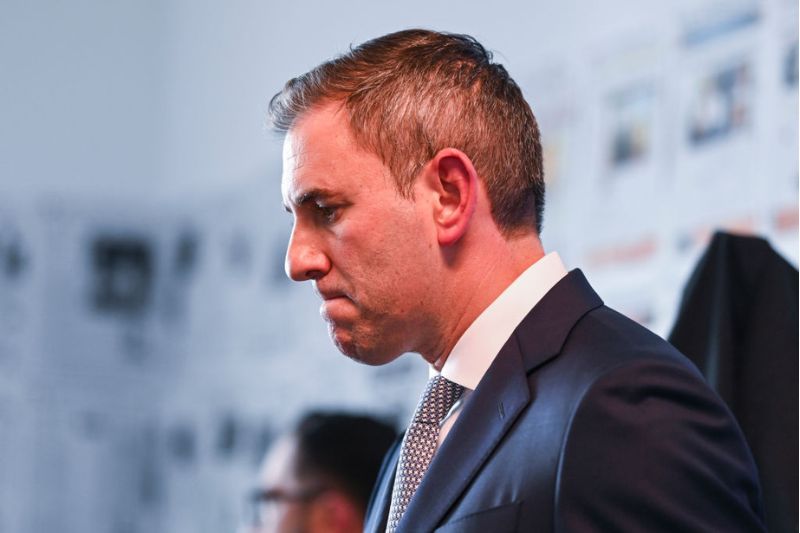The Albanese Government handed down its second federal budget last week on the back of a serious cost-of-living crisis that has delivered the highest inflation rate in 33 years, an average rise in housing costs of 7.1 per cent from mid-2021 to early 2023, double-digit inflation rates for food, electricity, gas and fuel, and real wages in historical decline. Understandably, this crisis has hit the most vulnerable groups the hardest, including low-income earners, the long-term unemployed, and many single parents with kids.

In light of these impacts, the Government’s budget is, frankly, disappointing. The Government has been at pains to emphasise the balance between fiscal responsibility, with budget papers projecting a surplus for the current financial year, and measures to address those most in need, including up to a maximum $500 off energy bills for low-income households and a $11.3 billion allocation to fund a long-awaited (though still inadequate) 15 percent wage rise for aged care workers.
But the problem is that most proposed measures are either overly modest or completely inadequate. Take, for example, the increase in Commonwealth Rent Assistance (CRA). The proposed increased of 15 percent in the maximum rate of CRA is positive but doesn’t come close to addressing the crisis of housing stress which afflicts around three-quarters of CRA recipients.
Similarly, an increase in JobSeeker, Youth Allowance and related payments has been a long time coming but the proposed rise of $40 a week doesn’t address the poverty faced by recipients. It is now well established that the additional $550 per fortnight provided to JobSeeker recipients courtesy of the ‘Coronavirus Supplement’ in 2020-21 — a policy which temporarily doubled the JobSeeker rate — helped thousands of poor workers in Australia to pay for basic essentials such as food, utility bills and medical expenses and improved labour market participation.
The ease with which government was able to mitigate poverty during the days of lockdown shows that the decision to keep household transfers low has always been a matter of political choice. In this context, a $40 weekly increase is, well, derisory. An uncomfortable truth is that Labor has been committed to the punitive ‘jobactive’ system since its inception in the 1990s — a system which keeps unemployed and precariously employed workers in poverty by design. The proposed JobSeeker rate barely changes this — it will mean that recipients will be 41 percent below the poverty line rather than 44 percent below under the old rate.
Poverty, including working poverty, has become a core issue for Australia—but the budget simply doesn’t address this in a serious or meaningful way. The proposed change to the Parenting Payment (PP) is arguably the most significant example. The age threshold for the children of PP recipients has been extended from 8 to 14, an issue much-discussed by Prime Minister Albanese due to his family background. While this is certainly positive, the PP, which maxes out at $922.10 per fortnight, begins to drop once recipients earn a meagre $227.20 per fortnight. If a recipient works fulltime and receives the minimum wage (equivalent to $812.60 per week, or $1625.20 per fortnight), the PP will fall to just $362.90 per fortnight, or $181.50 per week.
'The ease with which government was able to mitigate poverty during the days of lockdown shows that the decision to keep household transfers low has always been a matter of political choice.'
For comparison, the current National Poverty Line for a single parent or carer with 2 dependent kids is $1036.80 per week. The current minimum wage is $224.20 below the poverty line for this group. Even with an additional $181.50 a week from the PP, such recipients would remain $42.70 below the poverty line. In other words, the Albanese Government’s much-vaunted policy shift will keep thousands of single parents in poverty, regardless of the revised age threshold.
But there are two common arguments against the view that larger increases in the PP, JobSeeker and related payments are needed urgently. First, there are those who are that we can’t afford it; that the government is being fiscally responsible. But such arguments were rarely heard only two months ago when the government announced the cost of a new nuclear submarine deal with the US and UK — a staggering $268-368 billion by 2050. If we average that out, that’s somewhere between $10 and $14 billion per year for the next 27 years!
Second, there are those who argue that these increases are just a first step and further remedial measures can be taken in coming years; that reform is a gradual process. But this argument comes up against the reality of some silly fiscal decisions, especially the controversial ‘Stage 3’ tax cuts inherited from the Morrison Government which Labor has, so far, stubbornly refused to reconsider. The proposed cuts, which begin in 2024/25, will disproportionately benefit those earning more than $180,000 per year and will rob the budget of $254 billion over the following decade. In this context, so-called ‘fiscal responsibility’ is a byword for keeping the most vulnerable low-income earners in poverty.
Dr Tom Barnes is a Senior Research Fellow, Institute for Humanities and Social Sciences, Australian Catholic University
Main image: Australian Treasurer Jim Chalmers reacts during the Budget lockup at Parliament House on May 9, 2023 in Canberra, Australia. (Martin Ollman/Getty Images)